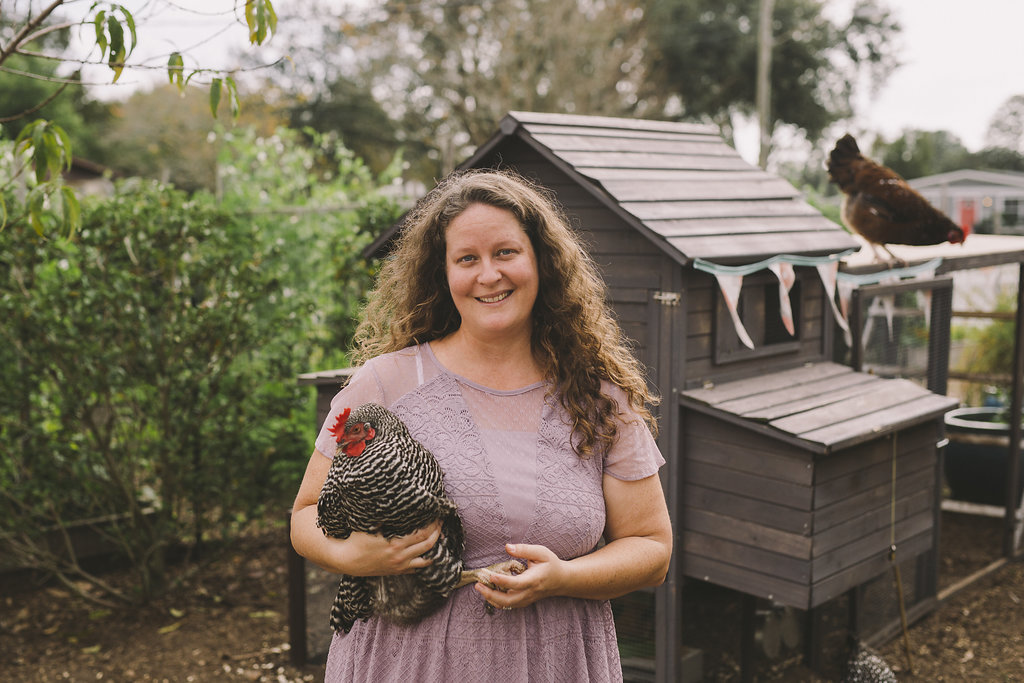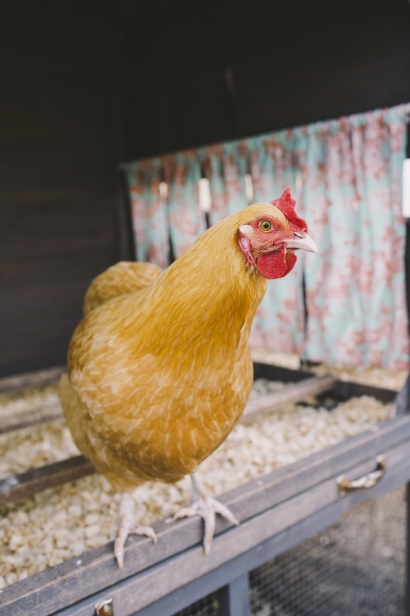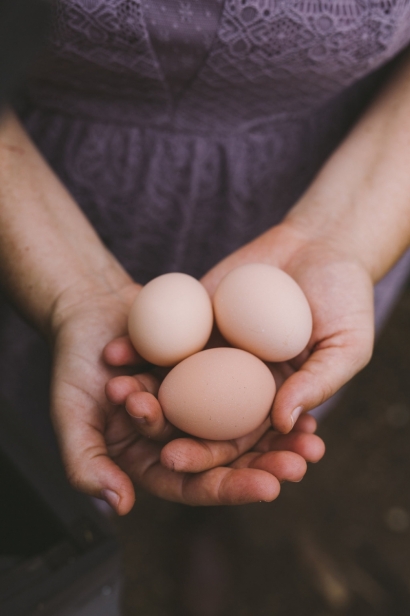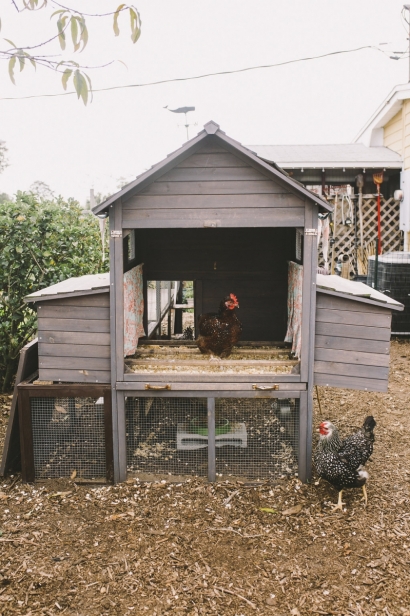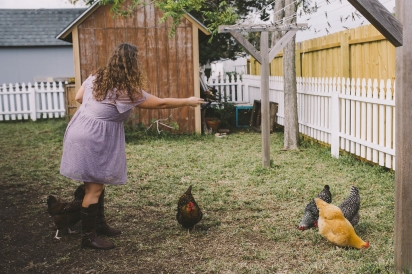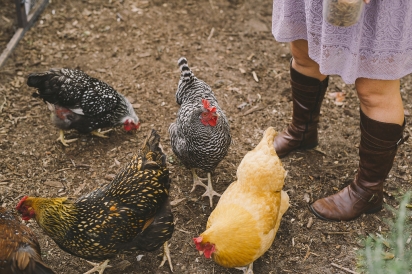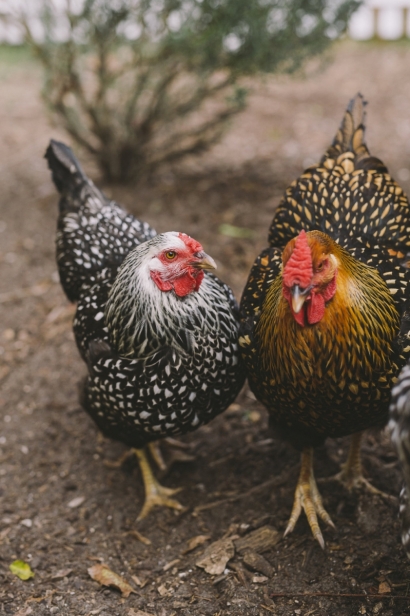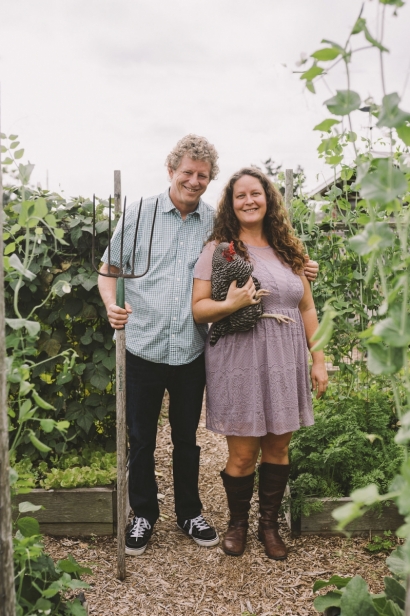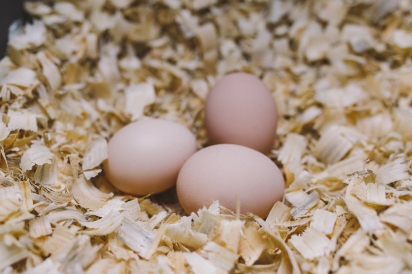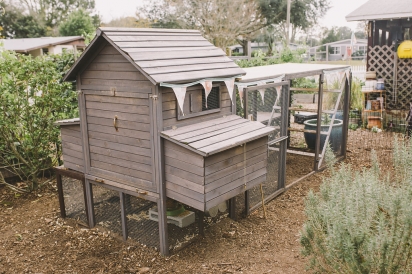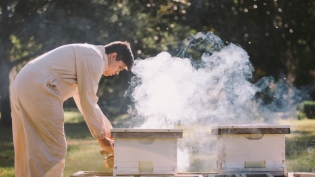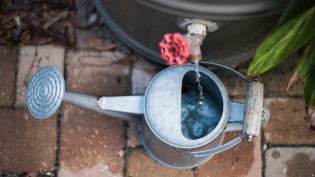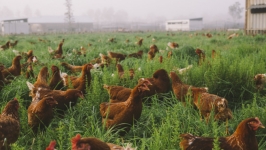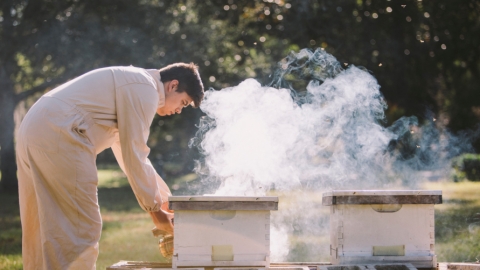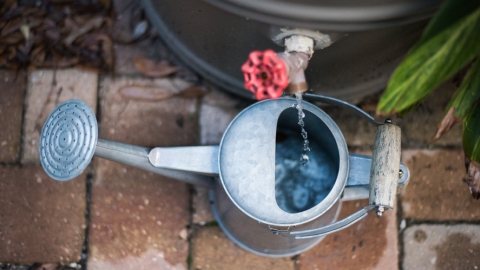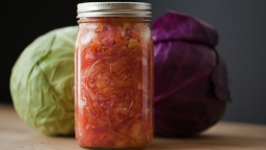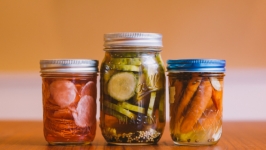Backyard Chicken Coops
Eggs are a traditional staple of breakfast and brunch, and what better source of local eggs than from your own backyard? By keeping a few chickens, you are taking a small step toward self-sufficiency, sustainability and recycling, witnessing first-hand how feed, grass clippings, bugs, weeds and kitchen scraps can be turned into delicious, nutritious eggs.
Before you get started, the first consideration is whether there are there laws prohibiting you from keeping chickens. If you live in a neighborhood governed by a homeowner’s association, check the bylaws, as these supersede city or county rules. Atlantic and Neptune Beach passed pilot programs in 2017 that allow a limited number of families to keep a backyard flock for a year, while St. Augustine Beach doesn’t permit residents to keep chickens. Jacksonville, Jacksonville Beach and St. Augustine all have ordinances that allow residents to keep five backyard hens but no roosters. All municipalities in Duval County require you attend a chicken keeping class at the Agricultural Extension Office and apply for a permit. You should review your ordinance language in its entirety before moving forward.
Once you’ve determined you can legally keep chickens, and you have ensured your neighbors are supportive, the next steps are to research the following before getting any birds.
GENERAL REQUIREMENTS
• What to start with, chicks or pullets (young female chickens)
• The best breeds for you and why
• Building or purchasing a stationary or moveable coop (chicken house)
• How to introduce other pets to the flock
• Proper hygiene after handling chickens, especially if you have children
• Caretakers for your chickens while you’re on vacation
• What to do with chickens that don’t lay eggs as often as they once did
SUPPLIES YOU WILL NEED
• Heat lamp
• Brooder
• Thermometer
• Clean water
• Hardware cloth (not chicken wire)
• Roosts
FEED CONSIDERATIONS
• Starter – for chicks – medicated or non-medicated feed
• Layer – for pullets and adults – mash, crumble, or pellets? Organic, non-GMO, fermented
• Grit – shells and/or pebbles
• Treats – scratch, kitchen scraps
COOP CONSIDERATIONS
• Is there sun or shade where you will keep your coop in the backyard
• Automatic door or secure the coop each night
• Screened or solid coop floor
• Nesting box accessibility
• Ease of cleaning coop
Looking for more information on building your own coop? Try these additional resources: Duval County Agricultural Extension Office, Backyardchickens.com, Facebook.com/rivercitychicks


